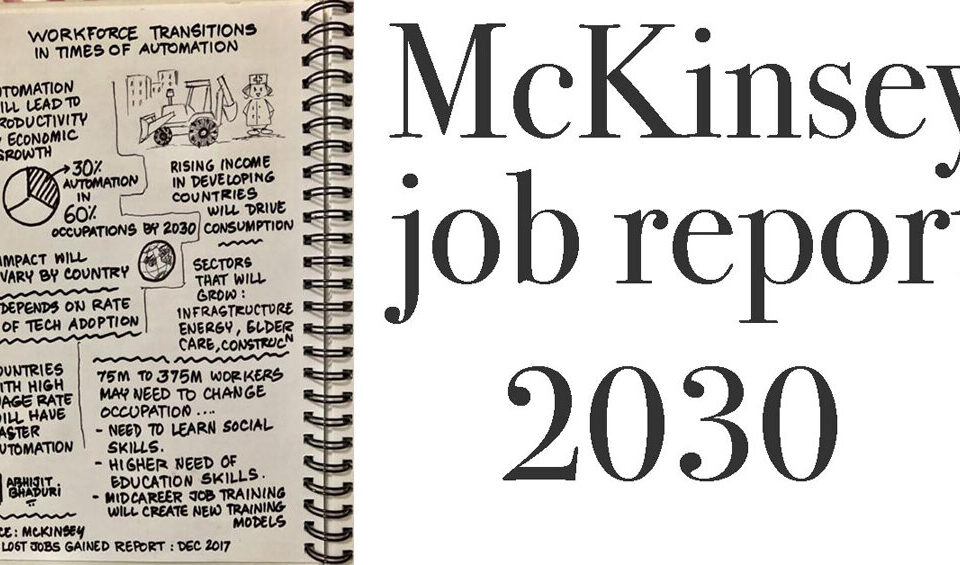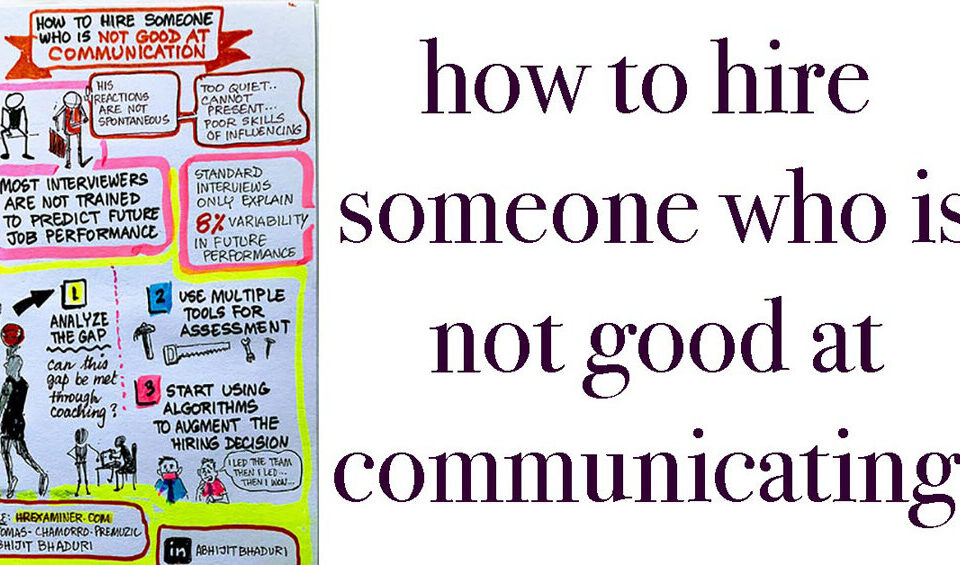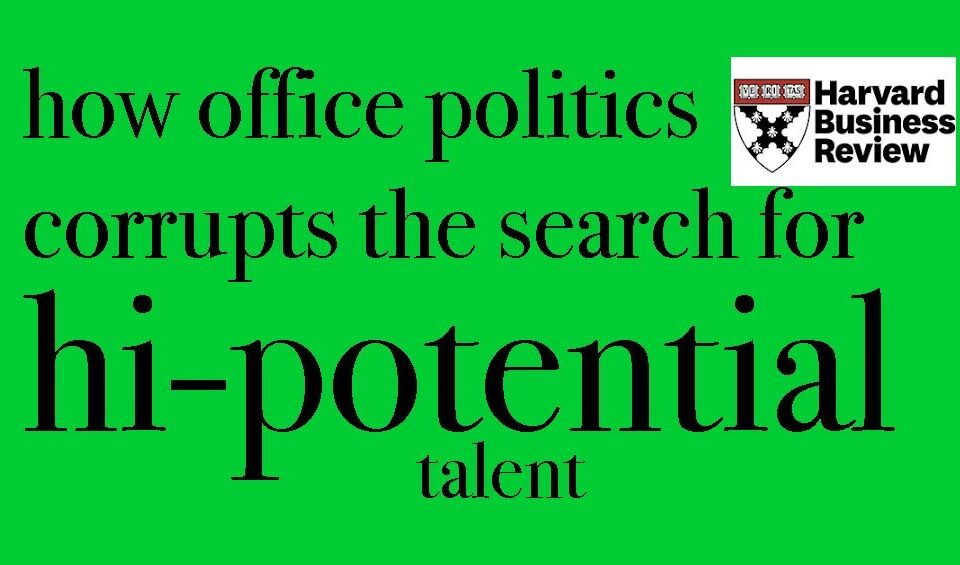According to a new research by Harvard Business School professors Alison Wood Brooks, Karen Huang, Michael Yeomans, Julia Minson, and Francesca Gino, people who ask follow-up questions are perceived as higher in responsiveness, an interpersonal construct that captures listening, understanding, validation, and care. Here are 9 follow-up questions you can ask.
The pattern is clear about data breaches. The hackers sneak in to the databases. Since they are in stealth mode, their presence is not detected for months. Could it be that your employees’ data has been compromised and you are blissfully unaware?
Automation is inevitable to drive productivity and growth. 60% occupations will see 30% automation by 2030 says McKinsey’s latest report. This means a lot of people will need to make mid-career transitions.
Although most of us spend more time communicating online than offline, recruitment methods are still heavily skewed towards analogue or physical communication skills, particularly the job interview. Indeed, interviews favor those who can communicate their ideas fluently and come across as likable. How can we discover talented people who are not good at communicating but are otherwise terrific at delivering top-notch performance?
Few topics have captivated talent management discussions more intensely than potential. But how good are we at evaluating human potential? The answer is, it’s mixed. In the real world of work, organizational practices lag behind, with 40% of designated “HiPos” — high-potential employees — not doing well in the future and at least one in two leaders disappointing, derailing, or failing to drive high levels of engagement and team performance. Despite the tools being available, political processes derail how talent is identified in organizations.
Pyschologists will explain this as Goal Gradient effect. We start to hurry up and put in more effort as we get closer to the finishing line. While doing push ups, try counting backwards 10... 9... 8... instead of the usual 1... 2... 3... and see how how it affects your motivation. Rats run faster as they approach a food reward. Humans increase effort as they approach rewards such as gift certificates or goals such as visual finish lines.
The jobs that follow the “faster, higher, stronger” principle will progressively be taken over by machines. It is easy to program the robots to do something repetitively and do it blindingly fast. Not only can robots do the work faster than humans, they do not have Monday morning blues. They do not seek vacation days nor do they object to working on weekends. They can go through mountains of data in a moment and identify anomalies. They are better legal assistants than humans. They make better radiologists than humans. Any job that is faster for machines to carry out makes it uneconomical to be left to humans. That means we will have many of these jobs carried out by robots replacing humans – men to be precise.
With the Fourth Industrial Revolution bringing in exponential changes, leaders are missing one important element — rethinking the process of learning. People are learning in multiple ways. Paperbacks exist with e-Books. Analog business models exist with digital. Physical stores exist with online formats. There is another word for it – omnichannel, and that is what learning must be.









